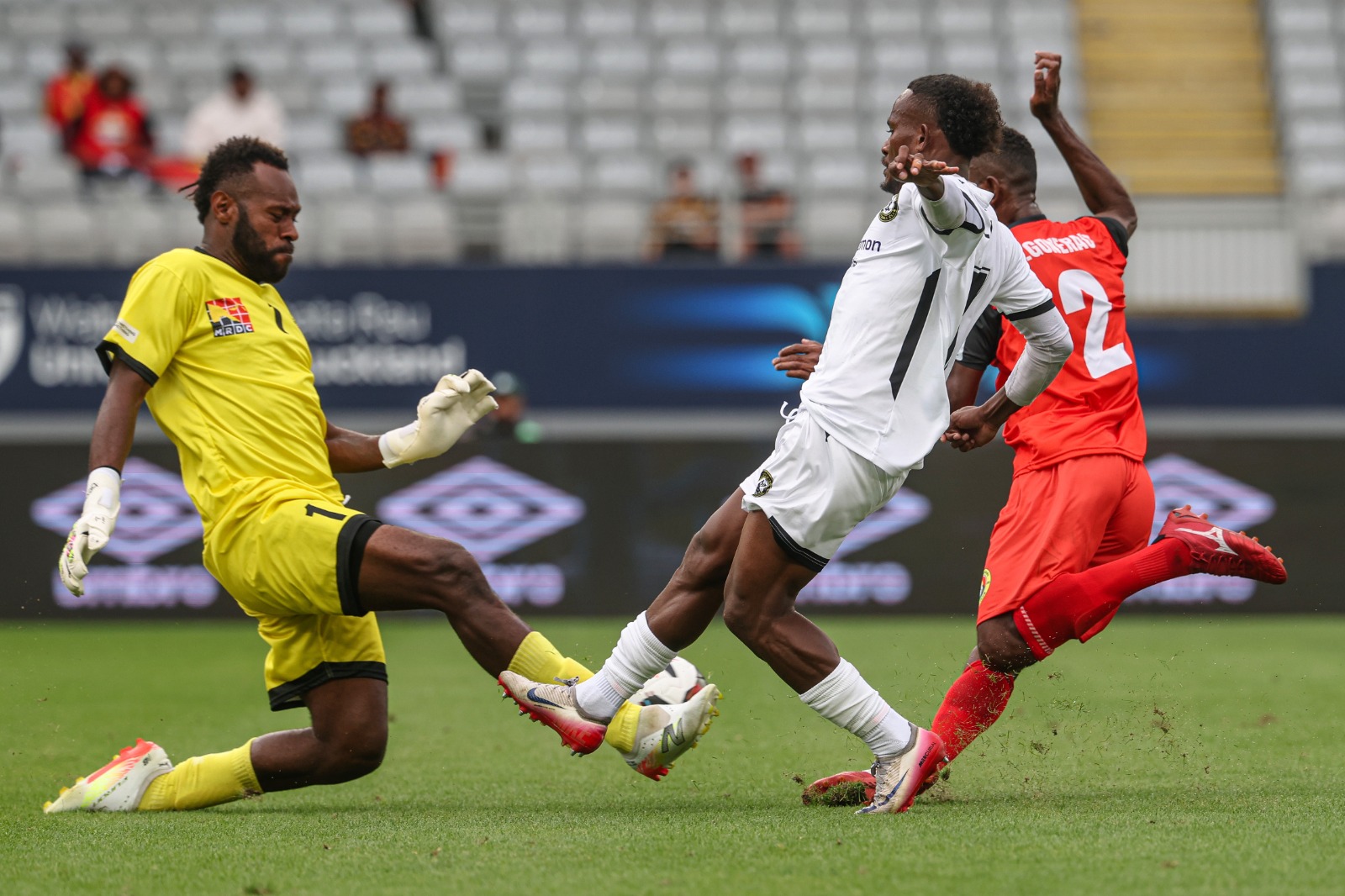NEWS
PRIVATE SECTOR INVESTMENTS IN ELECTRICITY KEY| NRI
![]() By Nigel-Francis MADO |
June 21, 2023
By Nigel-Francis MADO |
June 21, 2023

Related News
LATEST NEWS



